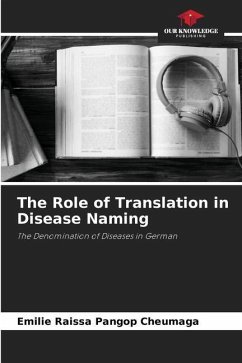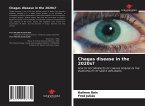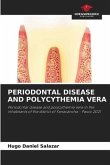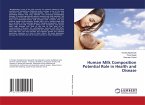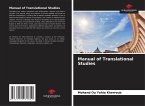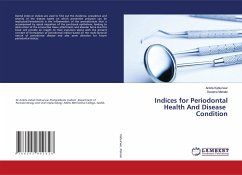The present work explores the place of translation in the naming of diseases. It has been guided by the following research question: "How did the Germans express, in their language, the diseases of hot countries in colonial times? This question inspired the hypothesis that the Germans, in order to name these as yet unknown diseases, resorted to methods akin to translation. Analysis of a corpus extracted from documents published in German during the same period, and the use of linguistic, semiotic and functional theories, enabled us to verify our hypothesis. Indeed, the analysis revealed that the various means of naming diseases that were used - clinical observation, toponymy, anatomo-clinical, duration or frequency of illness, etiology, affected population, naturalism and cultural reference - could indeed be assimilated to translation methods, and the naming itself to translation, since they express, by means of language, non-linguistic elements.

